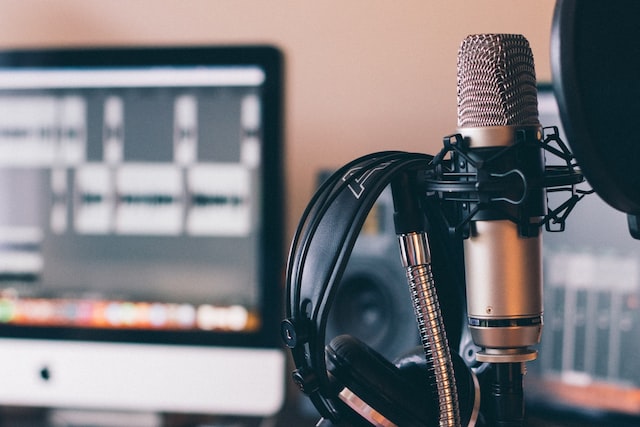It’s no secret that the music industry is in flux. With the advent of streaming services like Spotify and Apple Music, artists are finding it harder than ever to make a living from their music.  But there may be a short-term solution in the form of blockchain-based digital assets called non-fungible tokens or NFTs. This article explores how NFTs can help music artists make money in the age of streaming.
But there may be a short-term solution in the form of blockchain-based digital assets called non-fungible tokens or NFTs. This article explores how NFTs can help music artists make money in the age of streaming.
What are NFTs?
NFTs are digital assets stored on a blockchain, the same technology that powers cryptocurrencies like Bitcoin. Unlike Bitcoin, NFTs are not interchangeable – each is unique and can represent anything from a piece of art to a collectible card. Because they’re stored on a decentralized ledger, NFTs can be bought, sold, or traded like any other asset.
Some professionals today understand the NFT marketplaces well and can guide artists on how to price their NFTs. While there is no one-size-fits-all answer, a good rule of thumb is to start with a lower price and increase it as the demand grows. Most NFT projects need a proper understanding of the subject matter, market research, and trial and error to find the right price. Besides, the use of NFTs in the music industry is still in its early stages, so there’s plenty of room for experimentation.
How do NFTs help music artists make money?
There are a few ways in which NFTs can help music artists make money. Here are the major ones:
Selling Digital Assets
This implies that the fan or the buyer will have some ownership over the digital item. In most cases, this type of NFT is used to offer fans a way to show their support for the artist and receive some benefits in return, such as early access to new music or exclusive merchandise.
The key here is that buyers feel like they’re part of the artist’s journey, which can result in a strong emotional connection and a willingness to pay more for the experience.
Selling Collectibles
This type of NFT is aimed at collectors and hardcore fans willing to pay a premium for rare and unique items. For example, an artist could release a limited edition run of NFTs, each one representing a different song or album. These NFTs could be stored in a digital wallet and traded like any other cryptocurrency.
Alternatively, the artist could sell physical collectibles linked to an NFT. For example, they could release a limited edition run of vinyl records, each with a unique NFT. Not only does this give collectors something to show for their investment, but it also helps the artist to promote their music in a new and exciting way.
What are the Benefits of NFTs for Music Artists?
There are several benefits that NFTs offer music artists. Firstly, NFTs provide a direct connection between artists and their fans. Because NFTs are stored on a blockchain, fans can buy, sell, or trade them without needing a third-party platform like Spotify or iTunes.
This means that artists can bypass the intermediaries who typically take a cut of their sales and instead keep 100% of the revenue from their NFTs. Secondly, NFTs can be used to create new revenue streams for artists. For example, an artist could release a song as an NFT and then offer fans the opportunity to buy exclusive access to remixes, outtakes, or live performances.
NFTs offers a new and exciting way for music artists to make money. By selling digital assets or collectibles, artists can tap into a new market of fans and collectors willing to pay a premium for unique experiences. Seeking professional help is, however, crucial.
Related Posts: